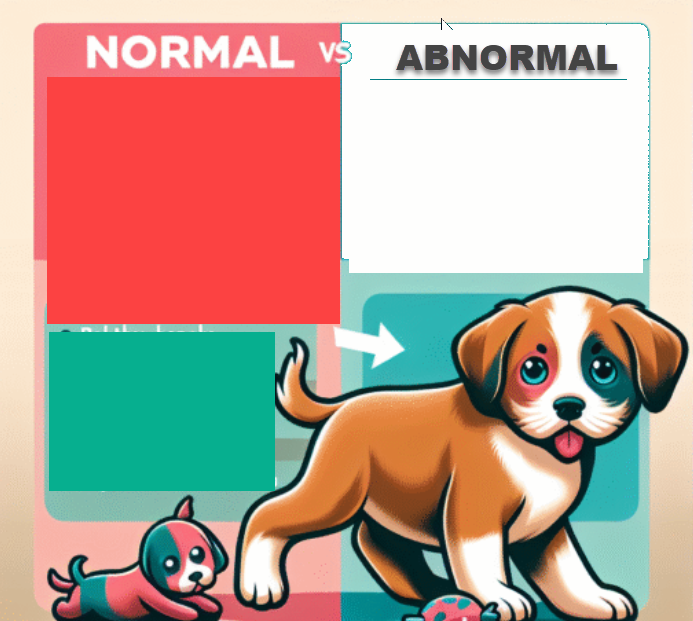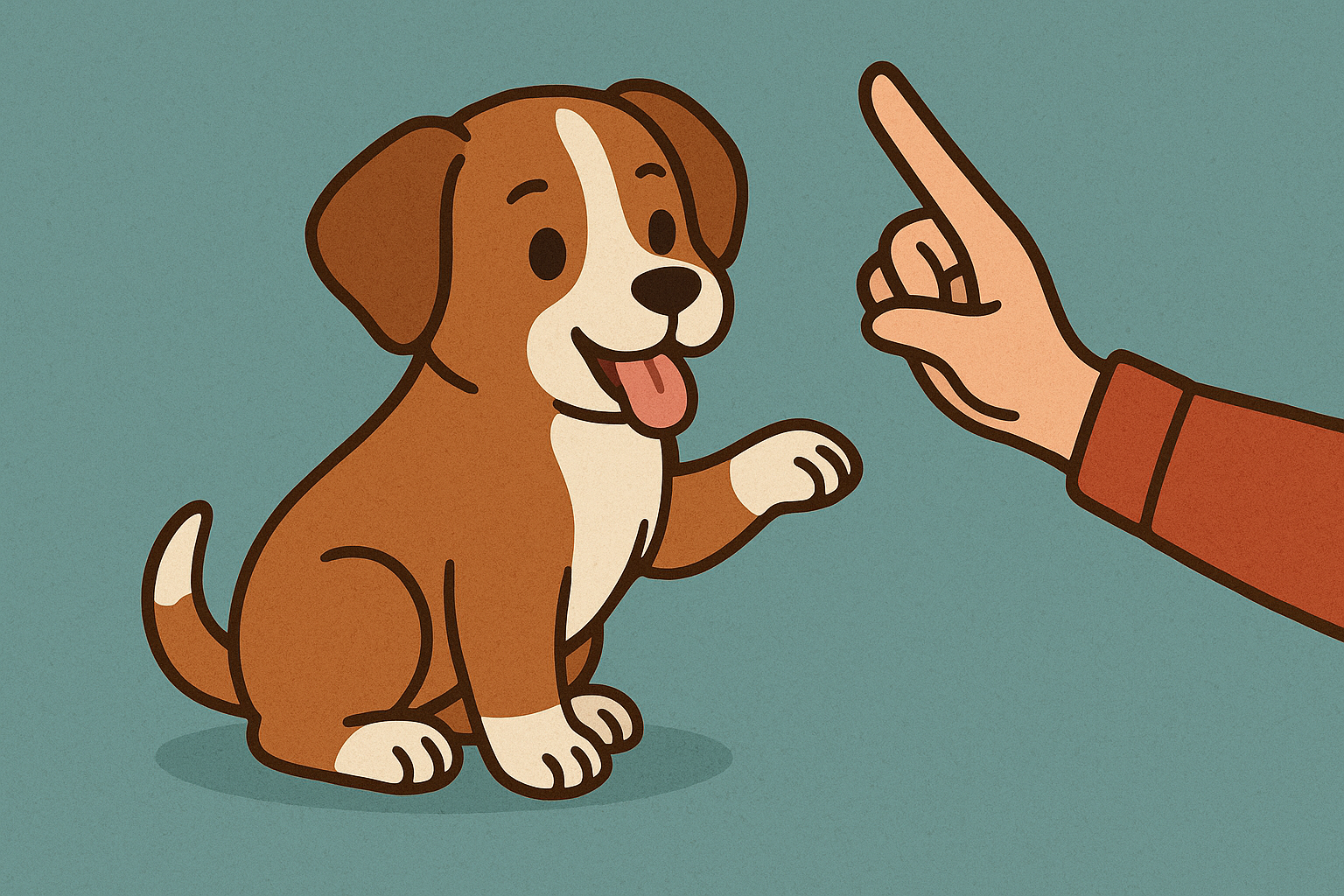General Stages of Puppy Development
Neonatal Stage (0-2 weeks)
During the neonatal stage, puppies are wholly reliant on their mother for warmth and nourishment. They spend their days feeding and sleeping as their sensory organs remain closed. Reflexive actions such as sucking and crawling emerge during this period to support their sustenance and survival.
Transitional Stage (2-4 weeks)
The transitional stage marks an exciting phase as puppies begin to open their eyes and ears, discovering a world of sights and sounds previously unknown to them. This is also when they gradually start moving around their immediate surroundings, taking wobbly steps as they explore.
Socialization Stage (4-12 weeks)
In the socialization stage, puppies significantly expand their horizons by interacting more with their littermates and human caregivers. This stage is crucial for learning basic social skills through play, establishing the foundation for future behavior. They learn bite inhibition and start responding to cues from their environment.
Juvenile Stage (3-8 months)
During the juvenile stage, puppies gain more independence and begin developing social hierarchies within their group. Their curiosity often leads them to explore further, testing their limits and learning about their role within the family pack. Consistent guidance is vital to maintaining healthy social behavior during this developmental stage.
Adolescent Stage (8 months-2 years)
As puppies enter adolescence, they often test boundaries and challenge established rules, akin to teenagers in human development. It’s a time when puppies establish long-term behavior patterns, making consistent training critical. This period can be marked by fluctuating obedience as they learn through reinforcement.
Identifying Normal Behavioral Development
Normal puppy development can be identified by age-appropriate milestones such as walking, responding to stimuli, and engaging in playful interactions. Common behaviors expected at each stage include suckling in neonates, exploring in transition, social play in socialization, increasing independence in juveniles, and testing boundaries in adolescents. These milestones indicate the puppy is gaining the skills it needs for healthy adulthood.
Signs of Abnormal Behavioral Development
Delays in Developmental Milestones
It is not uncommon for some puppies to experience delays in reaching developmental milestones, such as prolonged dependence on their mother beyond the neonatal stage or a continued lack of mobility. Similarly, puppies who exhibit inadequate socialization or an unusual level of fearfulness during the socialization stage might signal concerns.
Behavioral Red Flags
Behavioral red flags during puppy development include unexpected aggression or excessive dominance, indicating potential socialization issues. On the opposite end, excessive shyness or anxiety can also be problematic, possibly leading to issues in adapting to new environments or situations.
According to Dr. Stanley Coren, a renowned psychologist and dog behavior expert, “Early experiences and socialization are key determinants in shaping a puppy’s behavior as an adult. Paying attention to these early stages can prevent many behavioral issues.”
Causes of Abnormal Development
Abnormal puppy development can be attributed to various factors. Genetic factors might predispose certain breeds to specific behaviors or developmental delays. Environmental influences, such as inadequate socialization opportunities or traumatic experiences, play a significant role. Moreover, health-related issues, like congenital problems or nutritional deficiencies, can also hinder normal development.
Addressing Abnormal Development
Importance of Early Detection
Timely detection of abnormal development signs significantly increases the likelihood of successful intervention. Regularly monitoring your puppy’s behavior and development is crucial to ensure early identification and prompt response.
Consulting with a Veterinarian or Professional Trainer
If abnormalities are suspected, consulting with a veterinarian or professional dog trainer can provide valuable guidance. They can suggest appropriate interventions, including specialized training or dietary adjustments, to address specific developmental concerns.
Implementing Early Intervention Strategies
Early intervention strategies may include tailored training plans to address behavioral issues or environmental modifications to support a puppy’s needs. Encouraging positive experiences and ensuring appropriate mental and physical stimulation are vital components of effective intervention.
Tips for Promoting Healthy Development
Providing a Stimulating Environment
A stimulating environment is essential for healthy physical and mental development. Providing a variety of toys, spaces to explore, and opportunities for exercise supports cognitive growth and prevents boredom-related behaviors.
Encouraging Socialization
Introducing your puppy to different experiences, people, and other animals encourages well-rounded socialization. These interactions build confidence and help reduce fear and anxiety as the puppy matures.
Ensuring Proper Nutrition and Healthcare
Adequate nutrition is fundamental to a puppy’s growth and development. A balanced diet, along with regular healthcare check-ups, lays a strong foundation for lifelong health and wellbeing.
Conclusion
In conclusion, understanding the differences between normal and abnormal puppy development is crucial for nurturing well-adjusted adult dogs. Recognizing key developmental stages and milestones empowers owners to identify and address potential issues proactively. By fostering a supportive environment and seeking timely professional advice, one can ensure a healthy, happy developmental journey for their puppy.
Frequently Asked Questions
How can I tell if my puppy is developing normally?
Monitoring your puppy for age-appropriate milestones like walking, interaction with littermates, and responding to stimuli is key. Normal development is characterized by progressive independence and learning behaviors typical of each stage.
What should I do if I notice signs of abnormal development?
If you observe signs of abnormal development, such as delays in milestones or unusual behaviors, consult with a veterinarian or a professional trainer. Early intervention and tailored strategies can address developmental challenges effectively, ensuring your puppy’s well-being and growth.## Frequently Asked Questions
At what age should my puppy be fully house-trained?
Puppies typically become fully house-trained by the age of 4 to 6 months. However, every puppy is different, and some may take a bit longer. Consistency in training and routine can significantly influence the success of house training. It’s important to be patient and positive, reinforcing good behavior while avoiding punishment for accidents.
How important is play for my puppy’s development?
Play is an essential part of your puppy’s development, contributing to physical exercise, mental stimulation, and social skills. Through play, puppies learn about their environment, develop motor skills, and practice social interactions. Ensure you provide a variety of toys and engage in interactive play sessions to support their growth and development.
Are there specific behaviors that indicate a need for professional training?
Certain behaviors such as persistent aggression, extreme fear, or reluctance to interact with others may indicate the need for professional training. If your puppy displays symptoms like incessant barking, destructive chewing, or separation anxiety beyond the usual exploratory phase, consulting a professional trainer can be beneficial. Early intervention can help address these issues effectively.
What role does diet play in a puppy’s development?
Diet plays a crucial role in a puppy’s growth and overall health. A balanced diet rich in essential nutrients supports bone development, strengthens the immune system, and provides the energy necessary for daily activities and learning. It’s important to choose a high-quality puppy food and consult your veterinarian for dietary recommendations specific to your puppy’s breed and size.
How can I support my puppy during the teething phase?
The teething phase, usually between 3 to 6 months, can be uncomfortable for puppies as they lose baby teeth and adult teeth begin to emerge. Offering safe chew toys tailored for teething can aid in soothing gum discomfort. Additionally, maintaining regular dental hygiene practices is important. Observe your puppy for signs of discomfort, such as excessive drooling or reluctance to eat, and consult your veterinarian if necessary.
What should I do if my puppy isn’t responding to socialization efforts?
If your puppy isn’t responding well to socialization efforts, it may require additional time and patience or changes to your approach. Consider gradually introducing new experiences, starting with less intimidating encounters. Positive reinforcement, such as treats and praise, can encourage your puppy to engage more confidently. If challenges persist, seeking guidance from a professional dog behaviorist might be beneficial to develop a customized socialization strategy.
How often should I take my puppy to the vet?
Regular veterinary check-ups are vital during a puppy’s first year, typically scheduled every 3-4 weeks until they complete their vaccination series around 16 weeks old. Afterward, semi-annual visits ensure continued health monitoring, addressing developmental concerns, and updating vaccinations. Ensuring a proactive approach to healthcare can identify potential issues early and maintain your puppy’s overall well-being.








